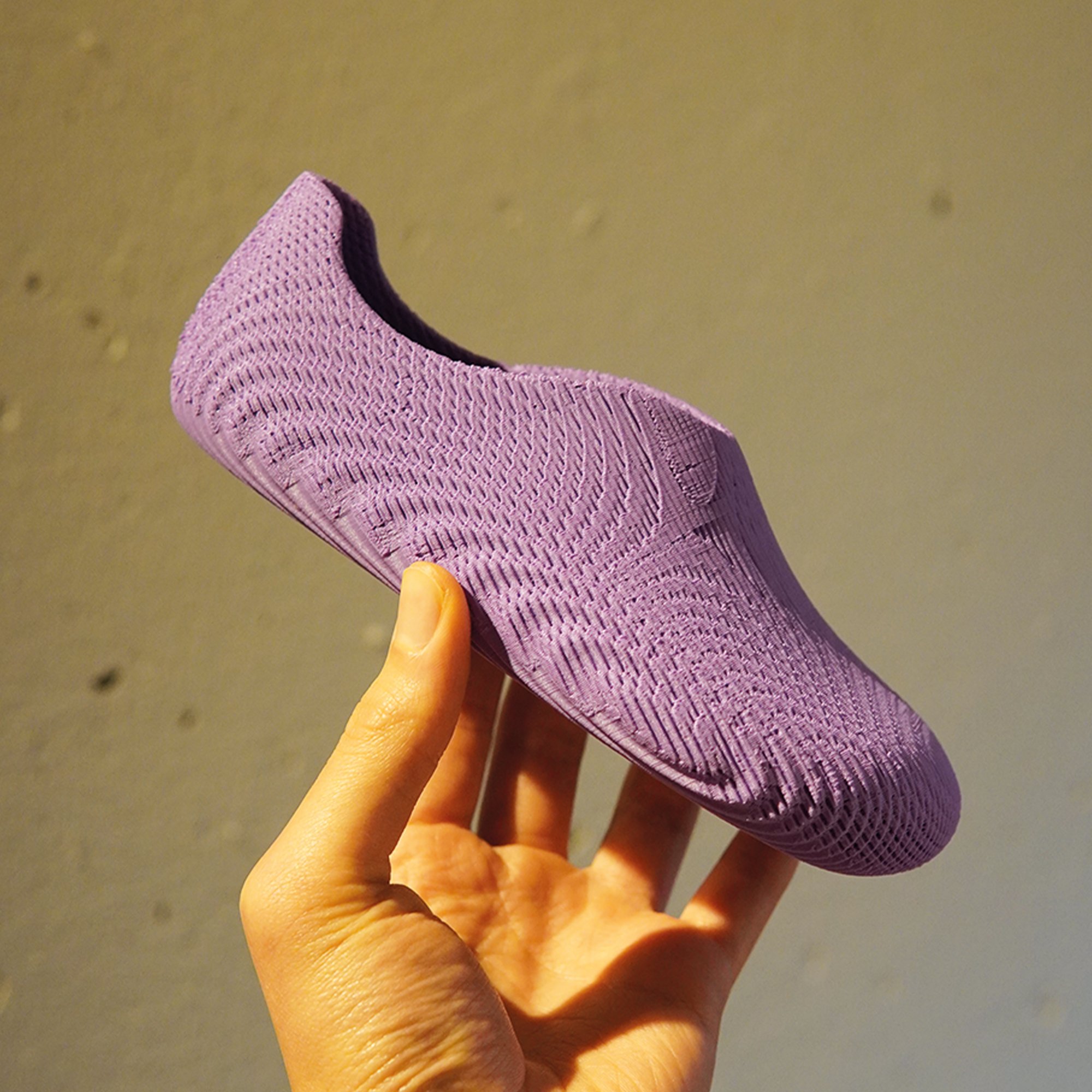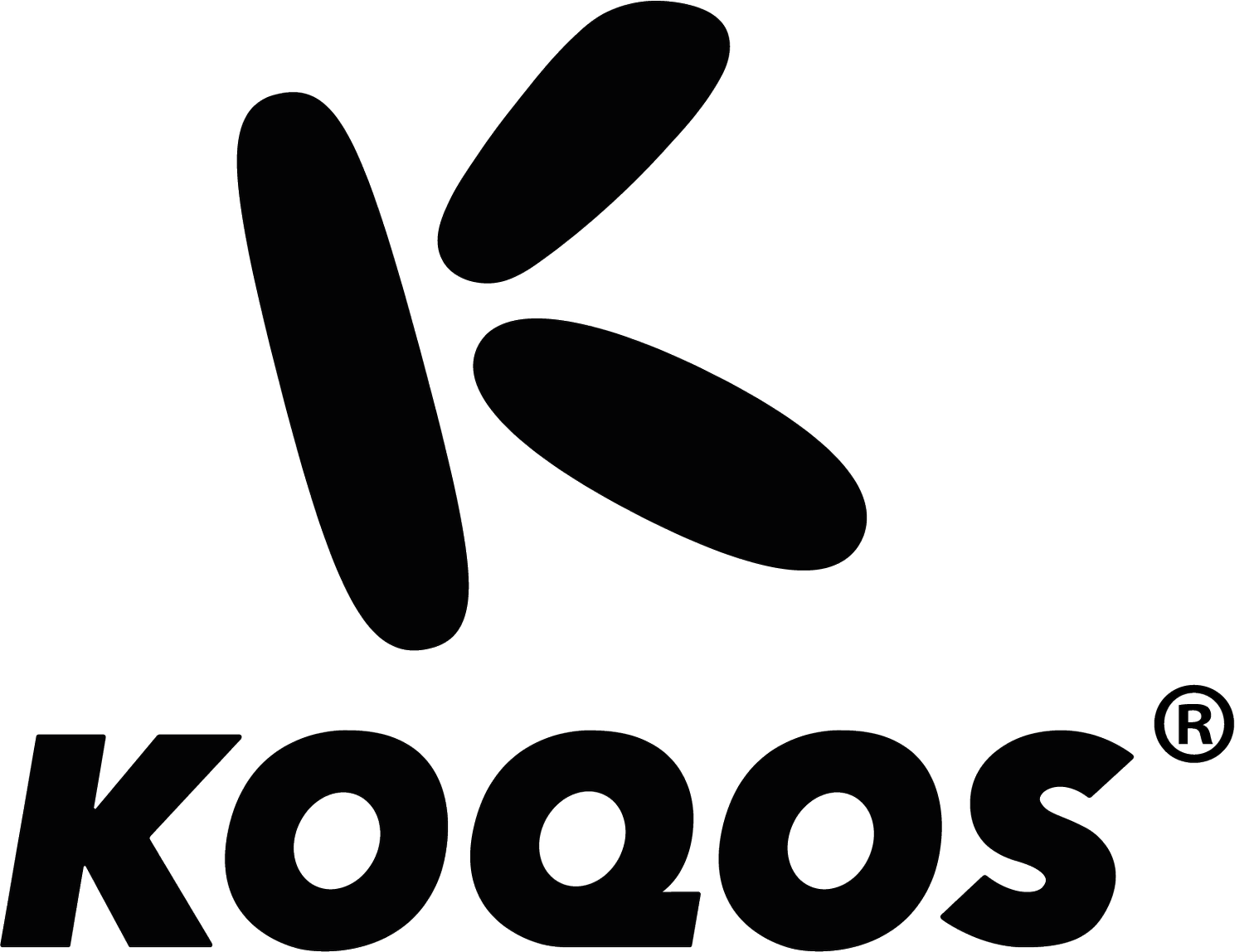CIRCULAR PRODUCT-SERVICE SYSTEM FOR 3D PRINTED CHILDREN’S FOOTWEAR
TU Delft 2023/2024
This project formed the thesis that concluded my Master’s degree at the faculty of Industrial Design Engineering at Delft University of Technology. This thesis explores the notion of a perfect fit for children’s footwear, implications of 3D printing on personalization and sustainability, and the retail and service experiences needed to create a system that promotes healthy foot development and lifelong mobility.

What if your child’s shoes could grow with them, at every step..
And promote lifelong mobility.
Switching to 3D-printed footwear for kids means we need to completely rethink the way children's footwear is designed, sold, made, delivered, and recycled. This project outlines six key steps to make this happen: Design & Development; Retail; Production; Delivery; Use; and End-of-Use. The last phase, ‘end-of-use’, is not just crucial for making the process more circular, but also for providing us with valuable feedback on how the product performs and how it impacts the child's foot and gait development. By focusing on these areas, we can create a more sustainable, informative, and user-friendly system for children's footwear.
3D printing allows for a shift from mass-production towards mass-customization. The resulting product is one that accurately follows the size and shape of an individual child’s foot and provides the correct amount of support. Additive manufacturing allows us to create products that are manufactured locally from one material. This allows us to move from an assembled world towards a grown world, with products that extend and support the body, rather than restrict it.

Digital and physical prototypes of five different types of completely 3D printed children’s footwear styles were created during this project. These styles illustrate a diversity of models and visual appearance that can be achieved with 3D printing. A combination of closed and open textures was used to create varying degrees of flexibility, breathability and durability in specified areas, considering different use cases, environments and areas of wear and tear.












A 3D character named ‘Luca’ was developed for this project. Luca is at the center of the retail and service experience of the system. With Luca, the system is able to turn the professional voice into a familiar one that guides and engages both parent and child in the child’s footwear and foot development journey.

Turning the professional voice..
..into a familiar one!
Through mobile foot scanning and reminders, parents are encouraged to regularly check their child’s foot growth and shoe size between store visits. In this way, the system inspires and facilitates more proactive footwear consumption, which is essential to ensure healthy foot development.


Learn more about this project? Ready to work together? Let’s have a chat!
info@koqos.com
The Hague, The Netherlands

